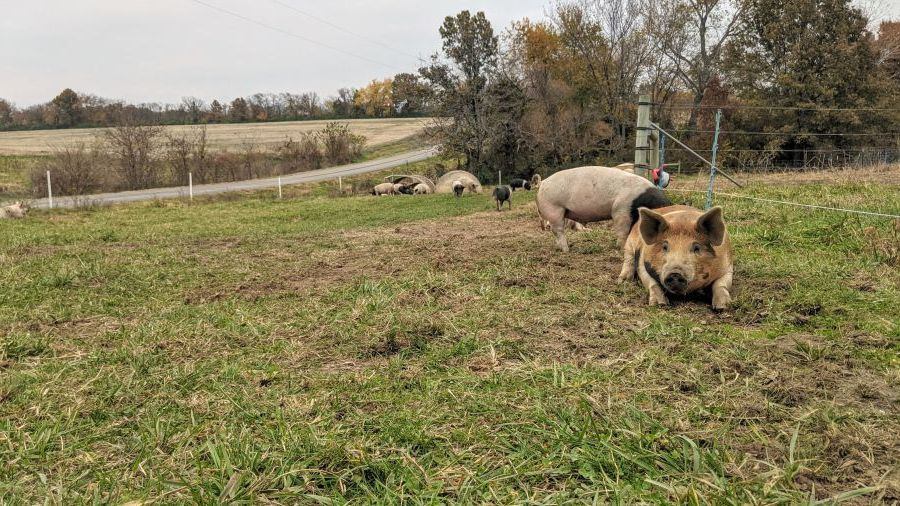Is Lab Grown Meat More Sustainable?
posted on
July 27, 2023
I'm sure by now you've heard the news...
"Lab-grown meat is going to change the world!"
For those who haven't heard, the USDA recently gave approval to two companies marketing lab-grown meat.
But will it be for the better?
While lab-grown meat, also known as cultured or cell-based meat, has big plans to improve the food industry, it is crucial we examine the full picture of its sustainability.
Today, I want to highlight the issues with lab-grown meat and explain why regenerative agriculture is a far better option for your health and world.
1. Resource-Intensive Production Process
The process of cell culturing for lab-grown meat involves the use of numerous resources, including water and nutrients, and stainless steel for manufacturing components. It also requires a controlled environment, nutrient media, and significant amounts of electricity.
2. Heavy Reliance on Additives and Supplements
Lab-grown meat lacks flavor and nutrients because it lacks the complexity and variety of nutrients derived from natural animal diets and the sensory experiences that arise from exercise and varied environments.
For this reason, companies must add natural and artificial flavors, vitamin supplements, and other additives to achieve a product that is suitable for human consumption and offers any nutrient value to our bodies.
3. Unethical Sourcing of Animal Nutrients
In the early stages of lab-grown meat production, many cell cultures rely on Fetal Bovine Serum (FBS) as a nutrient source. FBS is obtained from the blood of unborn calves, making it a unethical component of cell-based meat production. This contradicts the core principles of lab-grown meat as an ethical alternative to traditional livestock production.
4. Cell-Cultured Meats Only Take From The Environment
While lab-grown meats could accomplish their goal of reducing animal agriculture, they would be converting thousands of acres of living breathing ecosystem into concrete jungles filled with stainless steel bioreactors. Nowhere in the process of producing lab-grown meats is carbon being sequestered or converted into oxygen.
This solution might band-aid the issues with modern agriculture, but it can never heal the wound.
Conclusion
Lab-grown meats are a far cry from being the next super food or stopping global warming. Rather, we need to focus our attention on producing real foods using methods that are carbon neutral and have positive effects on our environment.
The cattle you saw at the top of this email are doing just that. Every day they are converting plant nutrients into meat without us ever having to break the ground, which means vegetation thrives and sequesters more carbon while producing another meal for the cattle, and the cycle continues.
That's the beauty of real meats.
Your farmer,



